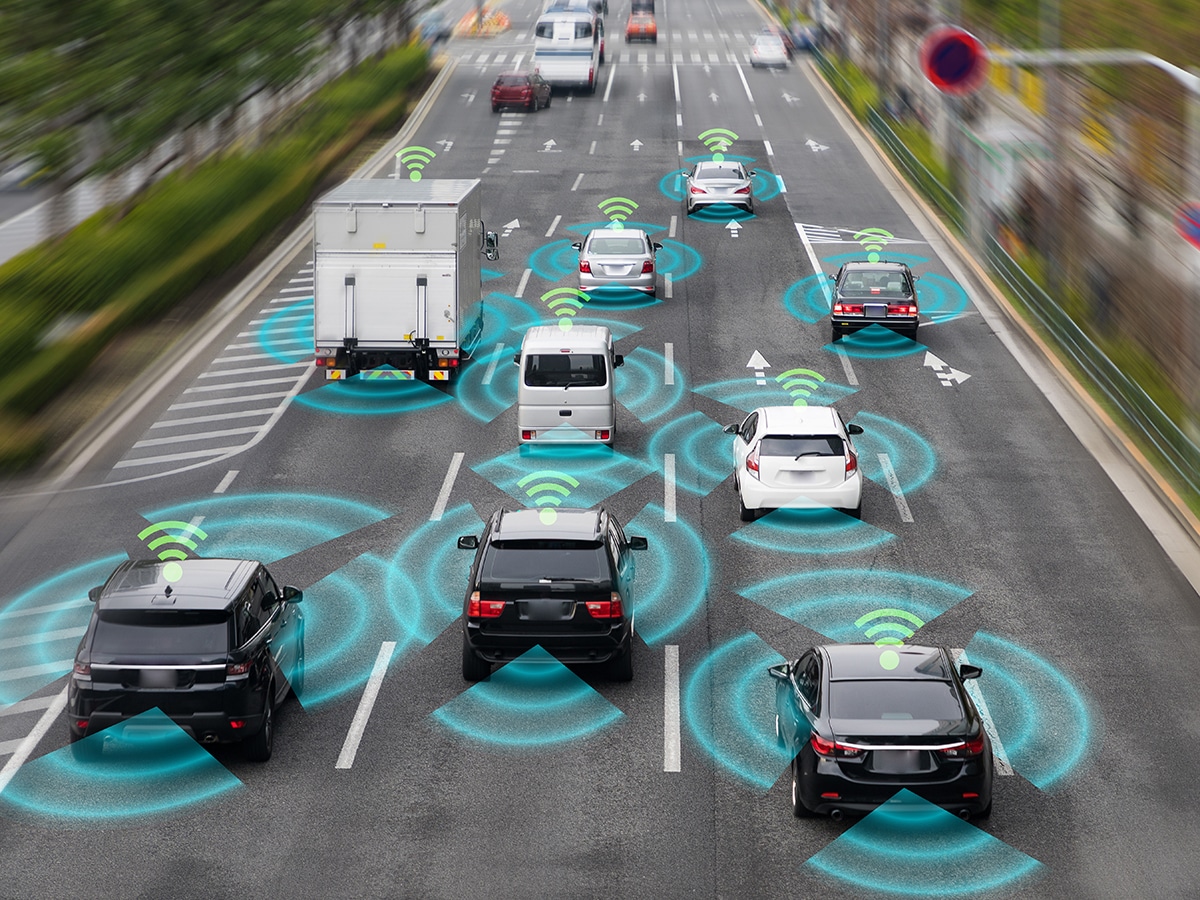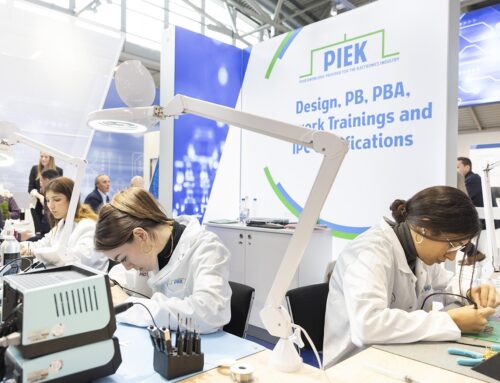The automotive industry is constantly on the move, showing a rapid development in terms of technology in recent years. Innovations in the fields of electrification, autonomous driving, connectivity and safety transform the way we drive and use our cars.
Electrification is one of the top trends in motoring these days. Electric vehicles (EVs) are gaining in popularity fast. Car manufacturers are sinking huge amounts of money in developing electric models with a larger action radius and a shorter loading time.
Autonomous driving is another technological field that has progressed significantly. Although completely autonomous driving is still in the developing stages, there are already advanced driving assistant systems on the market that support the driver in aspects such as lane assistance, adaptive cruise control and automated parking support. The development of such technologies relies heavily on sensors, artificial intelligence and advanced algorithms in order to improve safety and the comfort of driving. BMW has recently been granted permission by the German government to have its 5 series drive autonomously up to a maximum speed of 130 km/h.
Connectivity plays a more and more dominant role in modern cars. Vehicles are increasingly hooked up to the Internet, giving drivers access to a wide range of services and information. Think of built-in navigation systems with real-time traffic information, voice-activated assistants, integration of smart phones and access to online music and media streaming services. Moreover, cars can communicate with each other and with the infrastructure via wireless connections, so that data can be exchanged to optimise the flow of traffic and road safety.
Safety remains the number-one priority in the automobile industry, and technology play a pivotal role in improving the safety features of vehicles. Advanced driver support systems, such as emergency brake assistance, blind spot detection, and fatigue alerts reduce the risks of accidents. Apart from this, more and more cars are fitted with advanced camera systems, radar sensors and lidar sensors to provide a better overview of the surroundings and to prevent accidents.
Another automotive trend on the up is the development of smart mobility systems. Cities all over the world are experimenting with new concepts such as shared mobility, shared electrical cars and advanced transport systems. These systems aim to decrease congestion, improve air quality and promote sustainable transport. Technologies such as digital platforms, mobile apps, and advanced reservation systems play an essential role in facilitating these new mobility solutions.
The technological progress in the automotive world is impressive. They not only influence the way we drive and the way we organise our mobility, but they also impact the cities where we live. These are exciting times for the automotive industry, and consumers benefit from the technological progress it makes.






